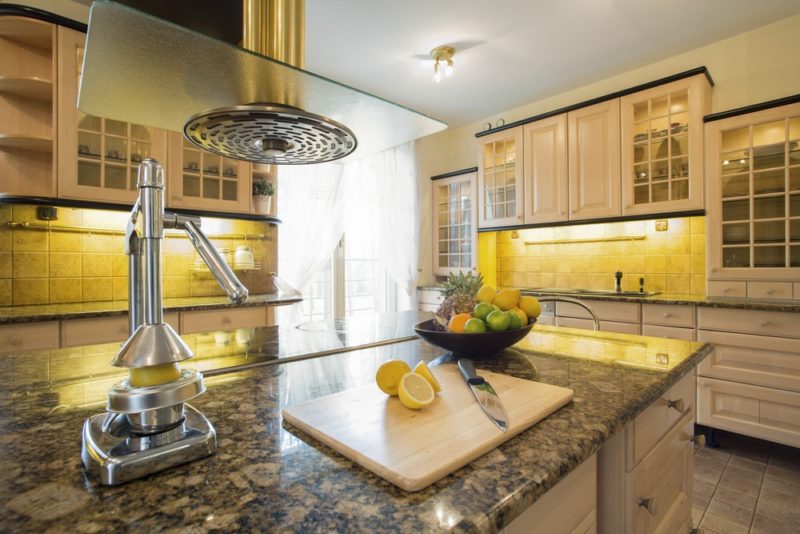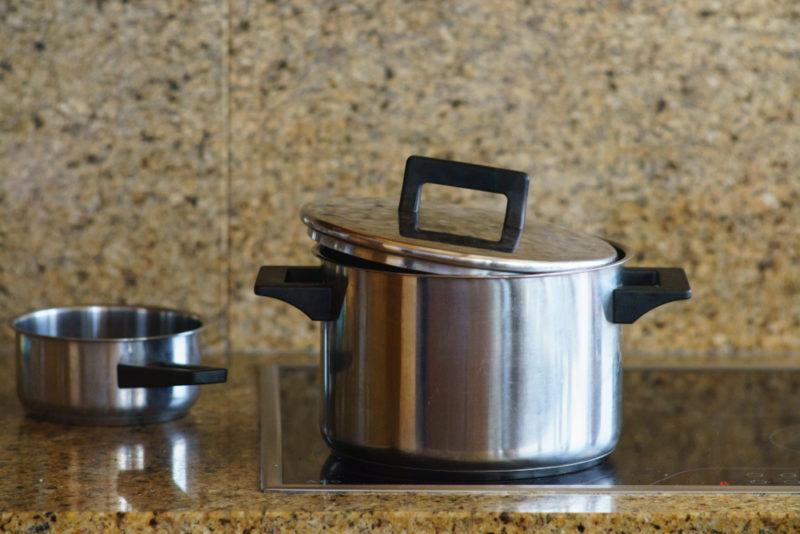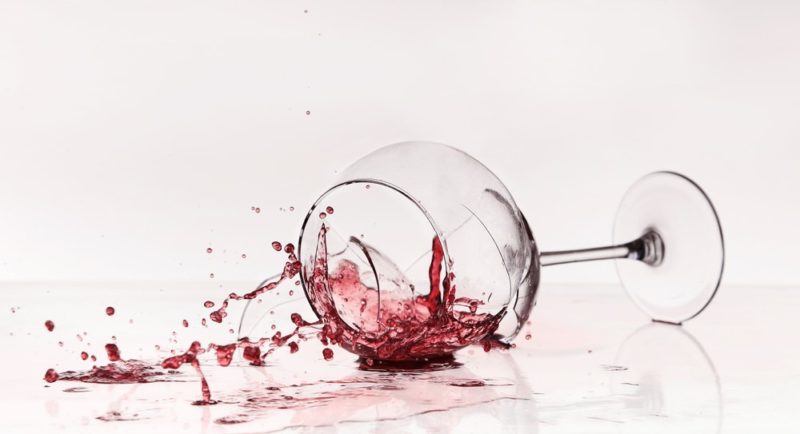With granite becoming one of the most popular materials used in countertops, many myths about granite have popped up. To debunk some of these myths, we are going to break them down.

Myth #1: It Is Hard to Maintain
Polishing granite may seem like a lot of work, but it is very easy. In just a few minutes, you can make your countertops look like they are brand new, while also protecting them from future damage. While you can polish your granite as often as you would like, you only need to polish it once a week, and the process only takes a few minutes.
Many people seem wary of the fact that you need to keep granite countertops sealed. Fortunately, sealing granite is very easy, and it only needs to be one once every 12 to 18 months. With a sealer like Rock Doctor Granite Sealer, sealing your granite countertops will only take a few minutes.
Myth #2: It Is Expensive
The term expensive is completely subjective, but granite doesn’t top the price range for countertop materials. In fact, granite isn’t all that much more expensive than many of the other countertop material options available. While there will always be cheaper options out there, you aren’t likely to get the same bang for your buck as you will with granite.
In recent years, the price of granite has dropped due to the abundant supply that has hit the market. This supply has made granite one of the least expensive stone options for countertops. Additionally, as more and more people purchase granite, the cheaper it becomes.
Granite may still seem expensive to some, but it is incredibly durable, which means that you won’t need to replace your granite countertop anytime soon. Plus, granite countertops are highly desirable, so if you ever want to sell your home, granite countertops will increase your home’s resale value.
Myth #3: It Is Unsafe
Granite is a porous material, which has led many people to believe that bacteria are frequently trapped in these pores and can get into the food being prepared. While it is true that granite is porous, that doesn’t mean that bacteria survive inside it. In fact, granite countertops are no less safe for food preparation than any other countertop surface.
Myth #4: It Is Indestructible
Granite is extremely durable, but that doesn’t mean that it is indestructible. As one of the hardest countertop materials on the market, it is resistant to heat, stains, chemicals, and scratches, but it can be damaged quite easily if you aren’t careful with it.
It is very possible to stain granite, but it is generally possible to get the stains out of the stone. Many people believe that once granite has been stained, it is ruined forever, but you can typically undo the damage to the stone.
It isn’t easy to scratch granite, but it is definitely possible. It is important to remember that there are many materials that are harder than granite, and these materials can easily scratch the stone. Using abrasive chemical cleaners can cause etching and tiny scratches. If something hard falls on or hits your granite, it can crack or chip.
Although granite is heat-resistant, it can be damaged by heat. You should always you pot holders or trivets to place hot pots and pans on your counter. Never place hot pots and pans directly on your granite countertops, or you could scorch the surface.

Myth #5: It Will Eventually Lose Its Shine
While marble will eventually dull, granite will not. Granite doesn’t tend to show signs of regular wear and tear like marble, however. If you think your granite is starting to look dull, you can apply granite polish to the surface, and it will shine again.
Myth #6: Dark Colored Granite Is Stronger
While unexplainable for most people, the rumor that darker colored granite is harder than lighter colored granite has spread around. Oddly enough, the strongest mineral found in granite is quartz, which is generally a white or grey color.
Myth #7: It Is Easy to Stain
We addressed this myth a bit in an earlier section, but this is one of the most common myths surrounding granite. It isn’t easy to stain granite, and if you do stain it, it is likely that you can reverse the damage. One of the biggest problem substances for granite staining is oil. Cooking oils can stain granite, but to remove the stain, you can use a paste or poultice to draw the oil out of the stone. It is best to clean up any spills as they occur, so you don’t have any problems with staining in the first place.

Myth #8: It Is the Same as Marble
Granite and marble are both natural stones that are loved for their beauty. However, granite is an igneous rock formed by molten magma that cooled and hardened underground. Marble is a calicoes stone that formed in oceanic deposits that were compressed under immense pressure.
Leave a Reply